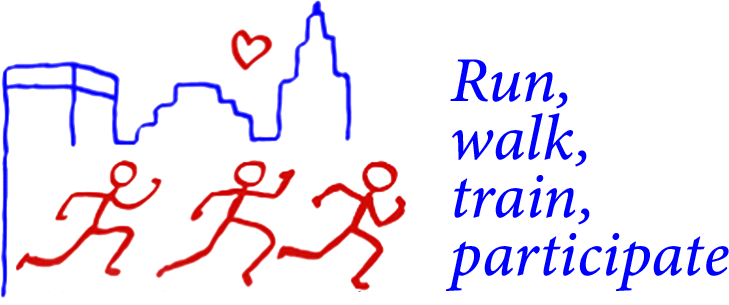By Amanda Moran, ATC, LMT and Jared Ferreira, ATC from HIGHBAR
Athletes – from students to pros – often believe that the more they train in their respective sports, the more they will excel over their peers athletically.
But this isn’t always the case, and in our experience as athletic trainers, we’ve seen countless injuries occur due to excessive training, hindering athlete performance instead of enhancing it.
So, what’s an athlete to do? And how can you make sure you’re training enough, but not overdoing it?
What is overtraining?
Overtraining occurs when you train with such excessive frequency, volume, or intensity that you end up feeling extreme fatigue, growing ill, or sustaining an injury. Overtraining is easily identifiable by consistent plateaus or decreases in performance.
Overtraining can happen if you perform excessive aerobic training, strength training, or a mix of both. It often happens to student-athletes who play more than one sport in a season, endurance athletes who push themselves too hard, and even people new to working out who push for progress too quickly. No matter who you are, the fact remains that your muscles need time to recover in order to grow, and pushing too much, too hard, on the same parts of your body can lead to setbacks and injury.
When you overtrain, your body suffers and athletes who overtrain are at an increased risk for illnesses, infections, and chronic injury. They display decreased or delayed motor coordination and decreased muscle strength. Athletes who overtrain also have increased heart rates and blood pressures, depressed moods, and disruptions to sleep patterns.
Young athletes can face even more consequences from overtraining. Putting too much stress on one area of the body can alter the growth process and lead to painful, lasting conditions, some of which could even require surgery or will affect a child’s future in a sport. So, it is most important for youth athletes to learn proper training and know if they are pushing themselves too hard.
How can you avoid overtraining?
The following can be signs that you’re overtraining:
1) You workout every day, or have no rest days.
2) You are working out very hard, but you’ve stopped seeing gains or improvements.
3) You’re much more tired than you used to be and you’re having trouble sleeping.
4) You’re getting sick more often.
5) Your appetite is gone or you’re constantly thirsty.
6) You feel irritable or depressed.
7) You’re having trouble with your coordination.
To help avoid overtraining and to ensure stable, sustainable, and safe improvements in the sports and activities you love, try the following tips.
The general rule of thumb is to keep track of your workout-to-rest ratio (i.e. 5 days of aerobics and strength training to 2 days of rest). If signs of overtraining become evident, increase the amount of rest days you take.
Avoid overtraining when aerobic training:
1) Progress slowly in the distance or time by 10% at most, each week.
2) Cross-train. If you run three days a week, try biking, swimming, strength training, or walking once a week – something that uses different muscles and movements.
3) If you exercise with other people, remember that it’s good to push yourself sometimes, but it’s ok to go at your own pace.
4) Give your muscles time to heal from soreness.
5) When you go for long distances, go slower and longer. When you go for short distances, you can keep a higher intensity for a shorter duration.
Avoid overtraining when strength training:
1) Work different muscles each day to allow muscles time to heal and grow.
2) Add 1-3 rest days into your workout routine per week. The lower your fitness level, the more rest you’ll need.
3) When lifting light weights, you can do more reps. When lifting closer to your maximum, you should do very few reps.
4) Only max out on weights once a week.
5) On days when you’re not maxing out, you can do up to 30-50 repetitions per exercise, with up to 50-75% of the max weight you can lift.
6) Avoid high-intensity circuit training: the fast-paced nature with minimal breaks in between exercises has been shown to lead to more instances of overtraining injuries.
Avoid overtraining as a student-athlete:
1) Limit the overlap of sports seasons – avoid playing multiple sports or leagues within the same season.
2) If you play multiple sports in a year, choose sports that don’t work the same muscles. This will make you a more balanced, well-rounded athlete.
3) If you are beginning to show signs of overtraining, take a rest day and talk to your coach, athletic trainer, physical therapist and/or doctor.
